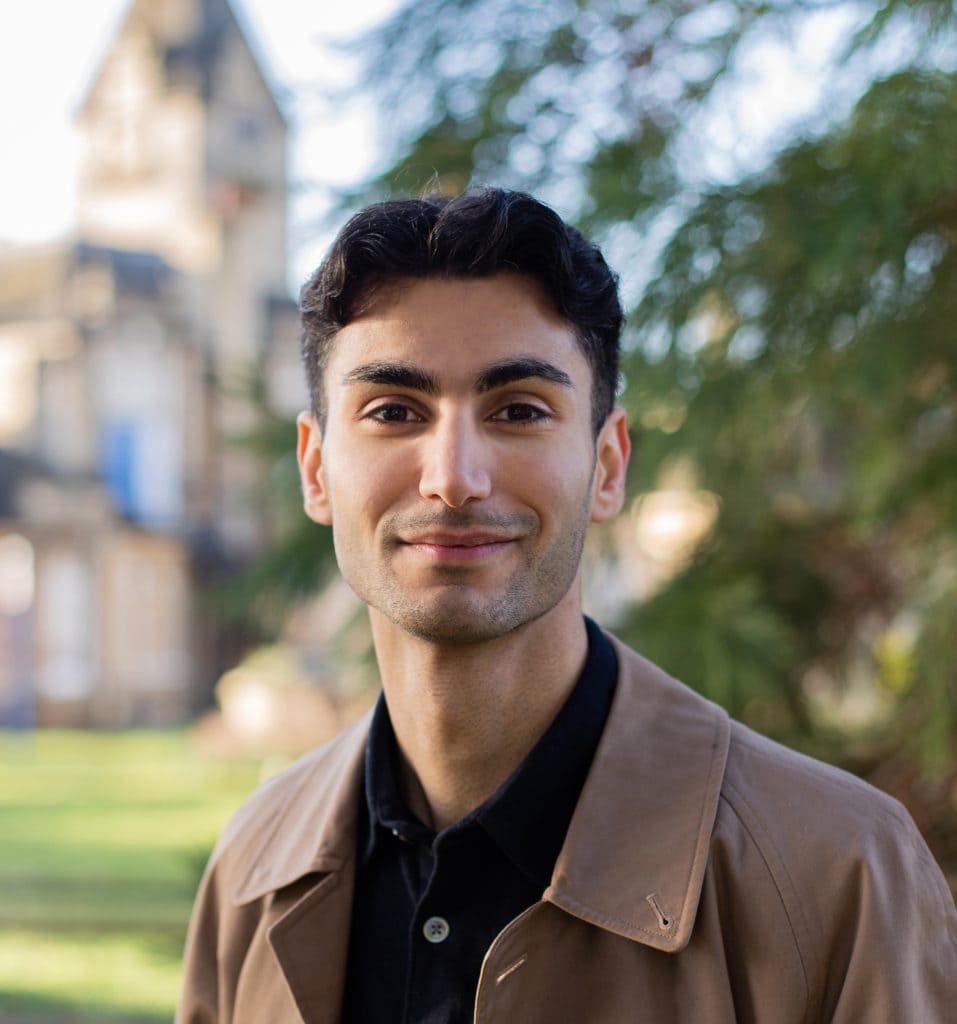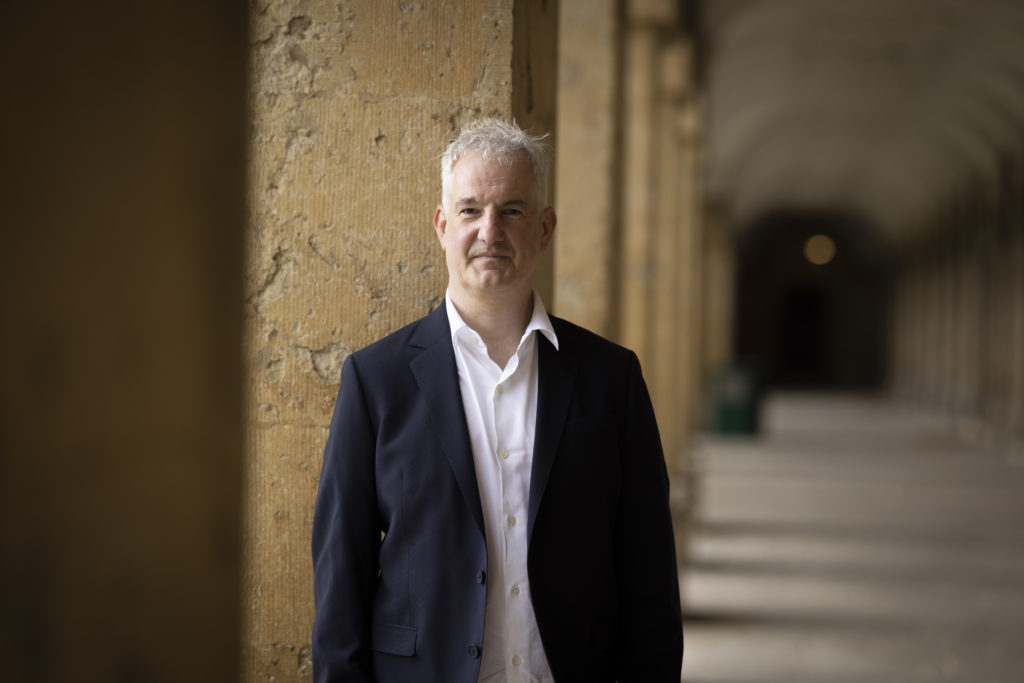
Dr Maria Kempnich
Subject: Experimental Psychology
Department: Experimental Psychology
Academic position: Lecturer I in Psychology
Contact
Background
Originally from Germany, I have become interested in connecting with people and ideas from around the world.
Completing an exchange year in the US, my BSc (Hons) in Psychology at the University of St Andrews, and my MSc in Psychological Research here in Oxford have allowed me to cherish new cultures and friendships, while also maintaining close ties to friends and family ‘back home’. My DPhil research had thus been at least partially motivated by observing first-hand how entering a new social environment can prompt wonderful developments in our personal networks and how initial strangers quickly form one interconnected community, helping one another to thrive.
In addition, I have developed a deep appreciation for how our relationship to others, to our work and our skills, and, perhaps most importantly, to ourselves largely shapes how healthy, happy, and long a life we lead. This appreciation prompted me to expand my research interests to also include mindfulness, to become a mindset mentor for high achievers, and to always teach with the aim of positively impacting both students’ academic skill sets as well as their personal development and well-being.
If we are committing to continuously excelling across a lifetime – why not make it a worthwhile and even blissful experience?
Research
I am interested in how a period of transition affects our relationships and mental health. The importance of maintaining supporting relationships for our health, well-being, and performance can hardly be overstated. Social support is especially needed during potentially stressful times of change. Yet, the relationships offering such support might themselves appear especially fragile during such times, and contribute to experiences of heightened levels of anxiety, depression, or loneliness – the pandemic serves as an excellent example.
Using prospective, longitudinal designs and combining personal and cohort social network analyses, my work aims to provide a better understanding of what factors predict how such a transition is experienced by whom. My research integrates theories from social, evolutionary, and clinical psychology to gain a more comprehensive understanding of how changes in our (social) world affect us.
I am moreover interested in better understanding how mindfulness can combat and prevent such heightened levels of anxiety, depression, and loneliness, and how a regular practice can even further the lives of those already doing well and choosing to connect with themselves in a curious, non-judgemental, and compassionate manner.
Ultimately, I hope to contribute to a shift in how we approach demanding periods of change, so that both individuals and organisations can better navigate the challenges such times bring, and experience these as enriching and even enjoyable endeavours.
Teaching
I tutor in Introduction to Psychology, Social Psychology, and Individual Differences and Clinical Psychology, and offer a range of academic skill sessions to support my students in creating the proficiency, confidence, and conducive environment necessary to successfully immerse themselves into their studies.




